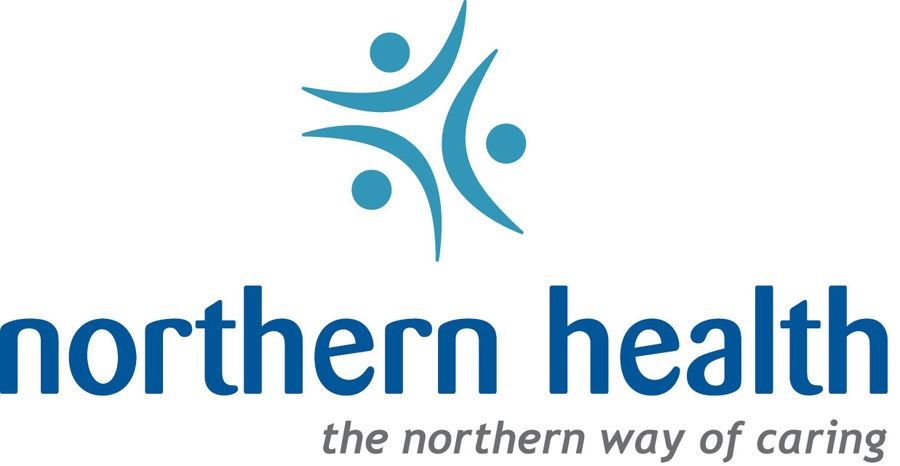Northern Health has issued an advisory warning of a blue-green algae outbreak in parts of
Bednesti-Berman, Nulki and West Lakes.
Coming into contact with the algae, either by swimming through it or drinking water containing the substance, can create a range of irritations both externally and internally. The best thing to so is to get out of the water and wash yourself with fresh water.
Symptoms, like a rash or sore throat, usually appear within one to three hours and resolve in one to two days. If they last longer than a couple of days, seek medical attention by going to your family doctor.
Northern Health environmental health officer David Ho said the bloom should last for some time.
"In the past, we usually see these blooms come up in August so this year has been a little unusual," he said. "They did come quite early and we expect it to last at least through August."
The blooms can be naturally occurring, but there are things that can contribute to its rise, such as runoff of fertilizers and pesticides.
"Even sometimes malfunctioning septic systems will introduce unwanted nutrients [that feed the blooms]," said Ho.
Northern Health is working with the community associations to see if steps can be taken to lessen the problem, Ho said.
"For this advisory, we are being proactive and warning users to use their judgment," Ho said. "If you see the green scum floating around, just avoid it."
The algae can also be greenish-brown, brown, or pinkish-red, often smells musty or grassy.
Boiling lake water will not remove the toxins will not remove the toxins the algae produces and alternate source of drinking water should also be provided for pets and livestock.
Fillets from fish caught in the lakes can be eaten but consumption of whole fish and trimmings should be limited for both people and pets.
More information can be found at www.healthlinkbc.ca/healthfiles/hfile47.stm or by calling Northern Health's environmental health office at 250-565-2150.



.png;w=120;h=80;mode=crop)